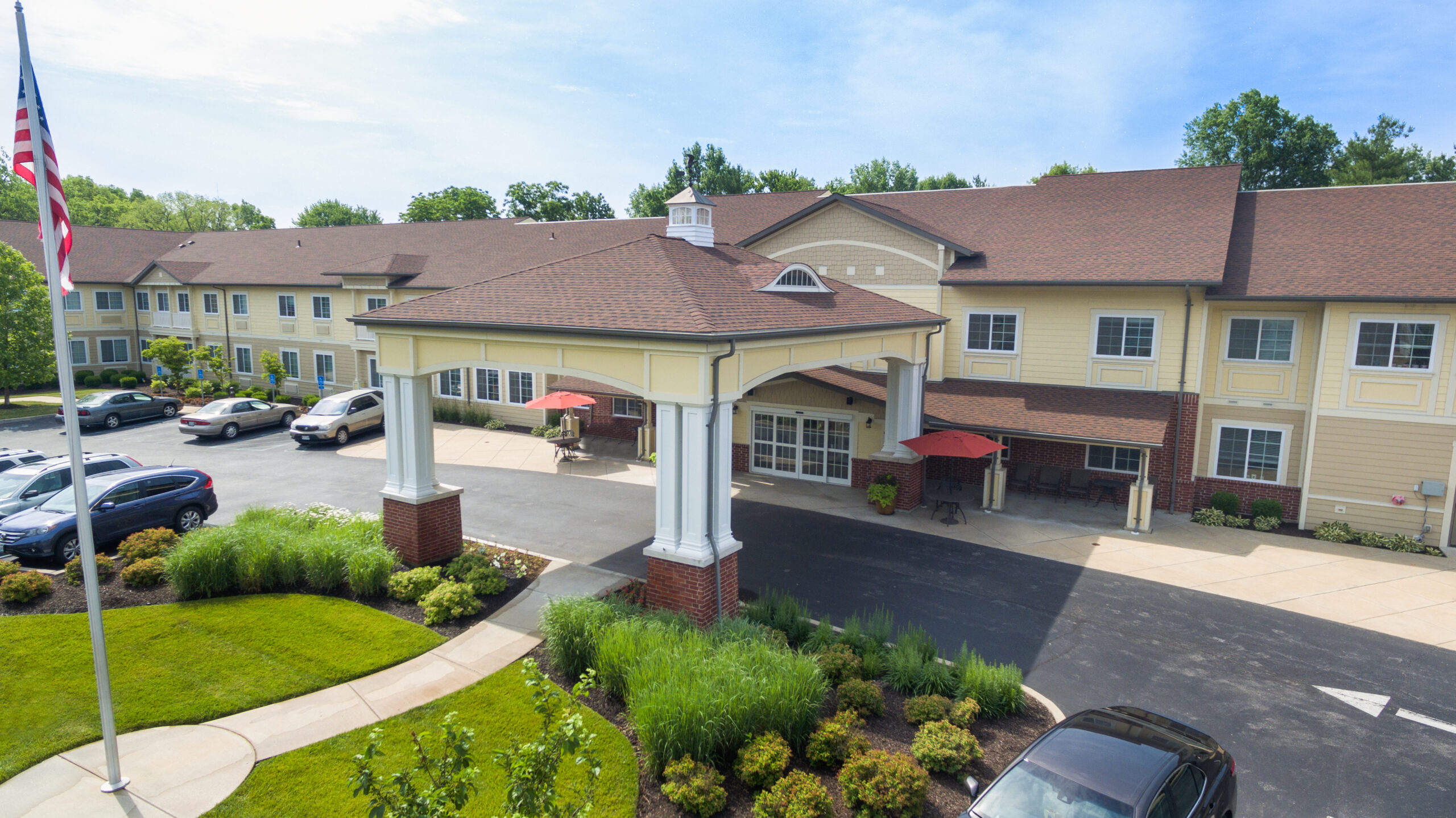Why Households Select Trusted and Expert Alzheimers Care Charlotte Facilities
Why Households Select Trusted and Expert Alzheimers Care Charlotte Facilities
Blog Article
Producing a Safe and Helpful Environment for Alzheimer's Treatment
The development of a risk-free and supportive atmosphere for individuals with Alzheimer's is paramount in boosting their lifestyle. This includes not only physical adjustments within the home, such as minimizing dangers and including familiar components, but additionally the implementation of structured regimens and significant activities that satisfy their cognitive demands. Additionally, comprehending the emotional and emotional dimensions of treatment can dramatically affect their sense of safety and link. Discovering these diverse techniques can expose important insights into effective caregiving techniques that might change the day-to-day experiences of both patients and caregivers.
Recognizing Alzheimer's Demands
Often, individuals with Alzheimer's illness show an array of demands that require tailored approaches to care. As the condition proceeds, cognitive decline shows up in numerous ways, affecting memory, thinking, and also the capability to execute everyday activities. Caregivers need to recognize these developing requirements to offer suitable assistance and ensure a better of life for those affected.
One essential element of recognizing Alzheimer's requirements is acknowledging the importance of regular and experience. Individuals often discover convenience in well established patterns, which can lower anxiety and complication. Caregivers ought to strive to produce organized day-to-day routines that integrate meaningful tasks straightened with the person's capabilities and rate of interests.
In addition, reliable communication is extremely important. Individuals with Alzheimer's might struggle to express themselves or comprehend complex language. Caretakers need to use simple, clear language, use non-verbal signs, and method energetic listening to cultivate understanding and connection.
Caretakers need to encourage engagement in area tasks or household events, promoting a feeling of belonging and objective. Comprehending these varied demands is necessary for producing a supportive treatment setting.
Designing a Safe Home
Developing a risk-free home for individuals with Alzheimer's disease is important to decreasing threats and promoting freedom. The style of the space ought to prioritize safety and security while enabling for individual comfort. Eliminate possible risks such as loose rugs, sharp things, and mess, which can lead to drops or accidents. Make certain that paths are well-lit and clear, as correct lighting lowers disorientation and improves wheelchair.
Including adaptive features is also essential. Install grab bars in shower rooms and near stairs, and think about using non-slip floor coverings in wet areas. Furthermore, utilizing contrasting colors for wall surfaces and floorings can assist in distinguishing rooms, helping to mitigate confusion.
Experience is very important for individuals with Alzheimer's. Personalizing the environment with familiar items and photographs can enhance a feeling of belonging and safety - Alzheimers Care Charlotte. It is also valuable to have actually an assigned location for daily tasks, such as analysis or crafting, which can offer framework to their day
Finally, implementing a secure outdoor space permits safe expedition while connecting with nature. By attentively designing the home setting, caregivers can dramatically improve the lifestyle for individuals living with Alzheimer's condition.
Enhancing Interaction Skills

Non-verbal communication, consisting of faces, motions, and touch, plays an important function in communicating empathy and understanding. Maintaining eye contact and a calm demeanor can improve the convenience level of the person, advertising a feeling of safety and security.
In addition, it is necessary to practice energetic listening. This involves being completely existing, revealing persistence, and allowing the person to express themselves without interruption. Repetition might be required; caretakers must be prepared to take another look at topics or concerns, as individuals with Alzheimer's may deal with memory recall.
In addition, utilizing aesthetic help or cues, such as photos or acquainted items, can facilitate recognition and engagement. Ultimately, boosting interaction abilities has to do with developing trust and creating an atmosphere where individuals feel listened to, valued, and recognized, thus enhancing their high quality of life.
Motivating Social Communication
Cultivating purposeful social communications can considerably boost the health of individuals with Alzheimer's condition. Engaging with others not just helps battle sensations of seclusion however additionally promotes cognitive feature and emotional wellness. Structured social activities, such as team video games, arts and crafts, or music therapy, create chances for homeowners to attach with peers and caretakers, which can result in boosted state of mind and reduced anxiousness.
Producing a welcoming setting that encourages socialization is necessary. This can be achieved by organizing common spaces that help with communication, such as comfortable seating locations or task areas. In addition, including culturally pertinent and acquainted tasks can trigger memories and encourage engagement, permitting people with Alzheimer's to really feel even more connected to their past experiences.
Additionally, caregivers need to be educated to recognize and promote social involvement amongst locals. By prioritizing social communication, we can substantially improve the lives of those living with Alzheimer's, promoting a sense of neighborhood and try this belonging.
Supporting Caregiver Health

To sustain caretakers, companies must offer normal training and academic resources to boost their understanding of Alzheimer's condition and caregiving strategies. Offering access to break treatment solutions enables caregivers to take essential breaks, minimizing stress and anxiety and exhaustion - Alzheimers Care Charlotte. Furthermore, cultivating a community through support system can facilitate emotional sharing and the exchange of useful advice amongst caregivers, creating a network of mutual support
Psychological health and wellness resources, such as counseling learn the facts here now services, can additionally be crucial in resolving the psychological toll caregiving can take. By prioritizing caregiver well-being, we develop a more sustainable caregiving environment that check my reference not only benefits the caregivers themselves yet likewise boosts the overall high quality of care obtained by individuals with Alzheimer's. Inevitably, supporting caretakers is a vital element in promoting a efficient and thoughtful care setting.
Verdict
To conclude, the production of a helpful and safe setting for people with Alzheimer's is necessary to enhancing their top quality of life. By focusing on safety via thoughtful layout, fostering emotional well-being with acquainted aspects, and promoting involvement with structured routines, caregivers can dramatically influence the total experience of those impacted by this problem. Sustaining caregiver health is crucial, as it eventually adds to a much more thoughtful and effective treatment setting.
Rep might be necessary; caretakers need to be prepared to revisit topics or inquiries, as individuals with Alzheimer's may struggle with memory recall.

Report this page